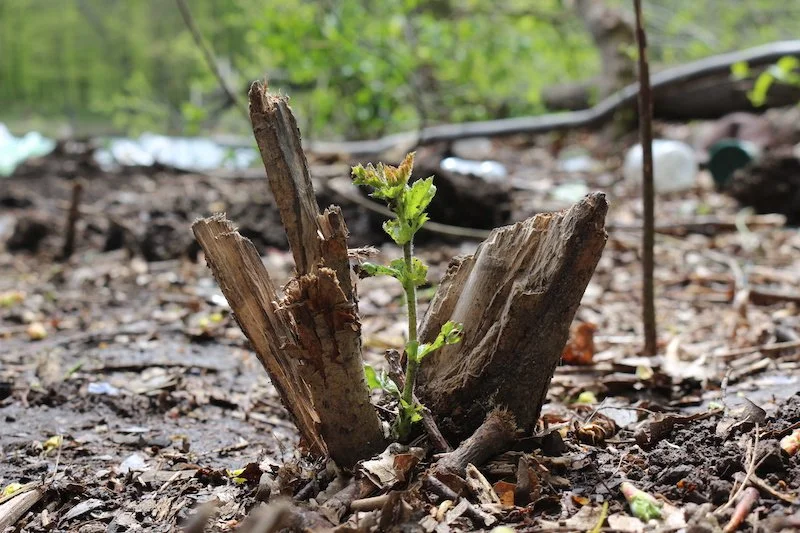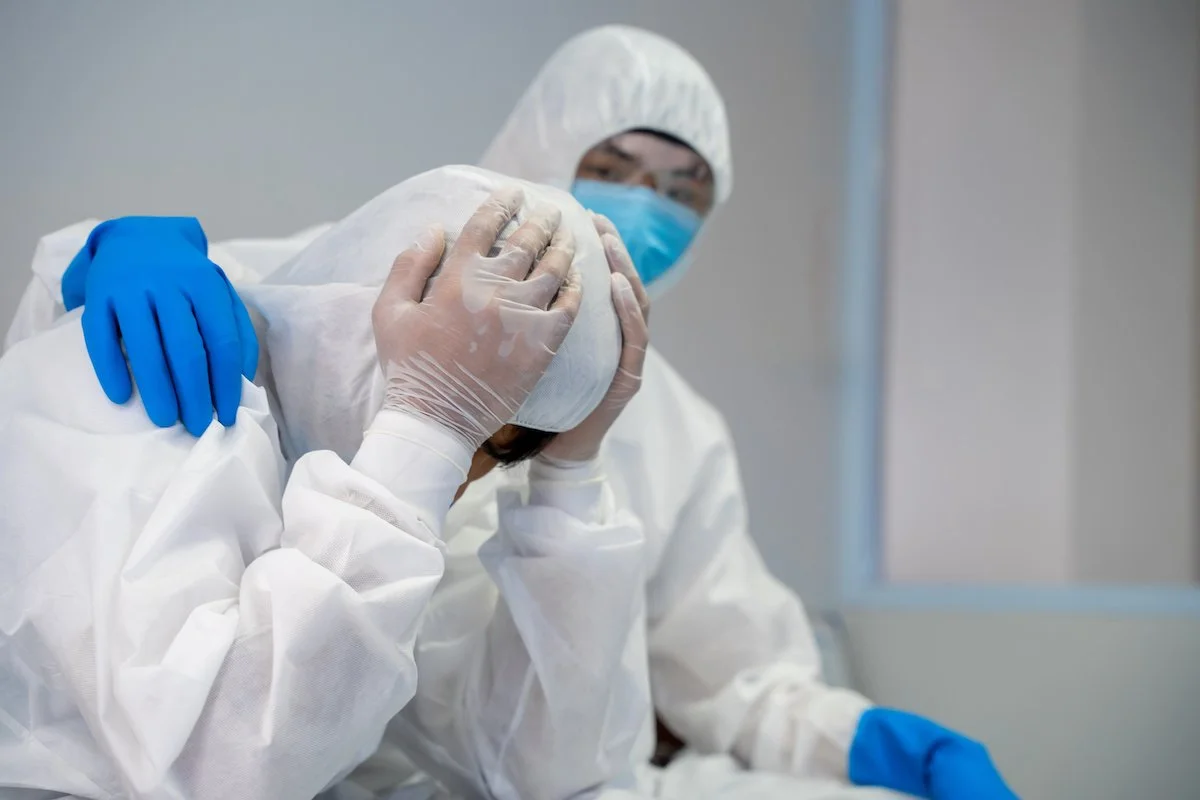By Rand O’Leary, FACHE
Throughout my life, I have seen that it is true that your thoughts become your words, and your words become your actions. I wonder if it is possible to reverse-engineer this adage, using our actions and words to impact our thoughts. As another old saying goes: whatever you feed will grow. How do we feed positive thinking? Through kindness and gratitude in word and deed.
I recently had the honor of having an article published in the September/October issue of the American College of Healthcare Executives’ Healthcare Executive magazine. To read the full version of this article, click here.
By Rand O’Leary
The pandemic has changed many things about our culture and daily life. Even with a likely shift to an endemic state and more “normal” days ahead, many things have changed in the past two years that will not change back to how they were. Among them is the old employment model of emphasizing in-person work. In today’s market, if employers want to attract and retain talent, they must offer flexible work options.
With so much bringing us down, what can we do to lift each other up? We must respond to these difficult times with a deep sense of caring, understanding, and support for one another and our communities.
By Rand O’Leary
Over the past 18 months, we've seen burnout strike healthcare professionals and leaders at levels previously unseen. Colleagues are retiring, dedicated providers are leaving, and countless others across the country are taking time away for stress and mental health renewal.
By Rand O’Leary
If there's one thing that 2020 has definitely called for, its resilience. We're living in turbulent times and COVID-19 has impacted every aspect of American life – from health to work to childcare to education and even exercise.
By Rand O’Leary
While individual resilience is important, especially in turbulent times, organizational resilience is also crucial. According to BSI, organizational resilience is “the ability of an organization to anticipate, prepare for, respond and adapt to incremental change and sudden disruptions in order to survive and prosper.” This goes far beyond risk management and is in fact a key trait in an organization that not only survives but thrives in times of crisis.
By Rand O’Leary
Creating a solid leadership team is not only key for organizational excellence; it’s priceless in a crisis. We are in the midst of extreme, unprecedented times, especially in healthcare, and leaders and managers alike are relying on their teams to help them keep staff focused and engaged, and to make sure their operations are moving forward. To have a team that’s up to the challenges our current circumstances present, however, takes more than just luck, it takes hard work, strategy, and accountability – to each other and to the organizational mission.
By Rand O’Leary
What makes a good organization great? A strong team working together with a clearly defined purpose. The cohesiveness and organizational might that builds strong teams often begins at the top, with leadership leading by example and focused on achieving objectives at every level.
By Rand O’Leary
While building a culture of trust is essential to a leadership team’s growth and success, the fear of conflict can stop any positive growth in its tracks. Conflict happens, especially in business, and the key is to embrace rather than avoid it. As Patrick Lencioni writes in the Five Dysfunctions of a Team, “All great relationships, the ones that last over time, require productive conflict in order to grow.”













